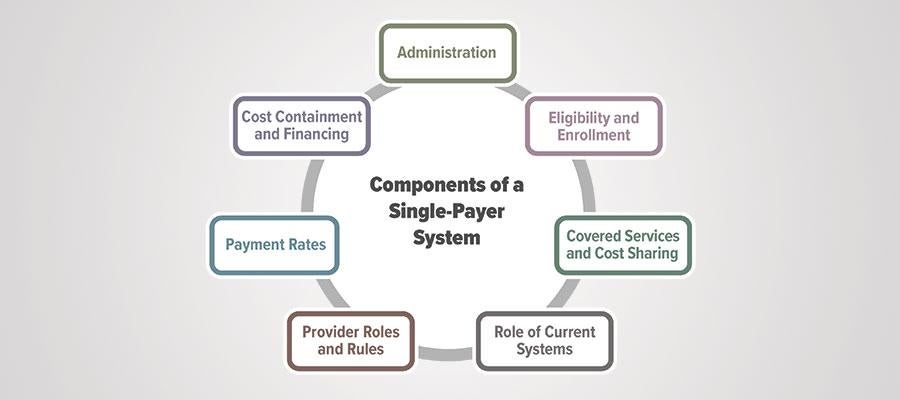CBO report looks at policy considerations for single-payer health system

Establishing a single-payer system would be a major undertaking that would involve substantial changes in the sources and extent of coverage, provider payment rates, and financing methods of health care in the United States, according to a report released today by the Congressional Budget Office. The report focuses on key design components and considerations for policymakers interested in establishing a single-payer system, but “does not address all of the issues that the complex task of designing, implementing and transitioning to a single-payer system would entail, nor does it analyze the budgetary effects of any specific bill or proposal,” CBO notes. Among other topics, the report includes high-level discussions about hospital ownership, provider employment and payment rates, but does not make any recommendations.

